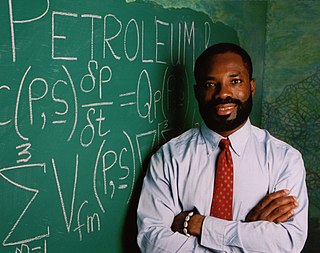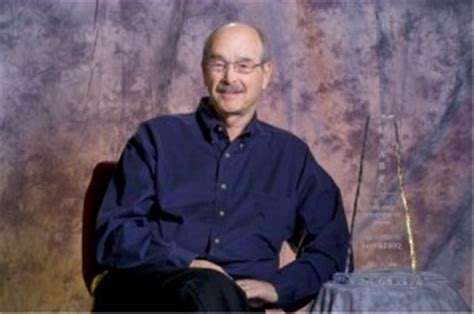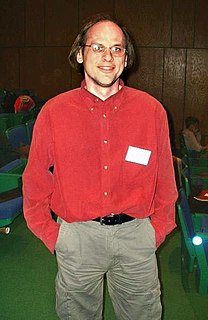A Quote by Rana el Kaliouby
The way to solve problems in the world is to become scientists and technologists and build things that haven't been built before and discover things that people really don't know about.
Related Quotes
I feel like what we love to do is solve problems. If it's easy to solve, we find a more difficult one. There's always a way. In our world, we can build stuff. We can build more sets than you could ever build in live-action. We can build more props just for custom angles or perspectives. We'll build special trees for that, paint a sky. There's really no limitations, except that you run out of time and money at some point.
We know a great deal, but our ignorance is sobering and boundless. With each step forward, with each problem which we solve, we not only discover new and unsolved problems, but we also discover that where we believed that we were standing on firm and safe ground, all things are, in truth, insecure and in a state of flux.
When you accept the way things are, there's really no other way to operate than the way you've been conditioned to. You live in America: you're free to vote, you go vote, and you continue to see the problems of being a nationalistic society. You don't really know what to do because you're conditioned to feel that's just the way things are.
I’m curious about things that people aren’t supposed to see—so, for example, I liked going to the British Museum, but I would like it better if I could go into all the offices and storage rooms, I want to look in all the drawers and—discover stuff. And I want to know about people. I mean, I know it’s probably kind of rude but I want to know why you have all these boxes and what’s in them and why all your windows are papered over and how long it’s been that way and how do you feel when you wash things and why don’t you do something about it?
If you can observe your own experience with a minimum of interference, and if you don't try to control what you experience, if you simply allow things to happen and you observe them, then you will be able to discover things about yourself that you did not know before. You can discover little pieces of the inner structures of your mind, the very things that make you who you are.
Mathematics can have its problems, but it's actually hasn't seen a lot of the problems as some of the other sciences and so much of it in what people are doing is completely useless. Nobody kind of in really cares very much. You don't really have kind of right and left and people in ideology coming in because there isn't any. It just doesn't actually connect up to the kinds of things that people ideologically worry about. So most of mathematics just doesn't tell you anything one way or another about global warming or about healthcare or about any number of things that you might care about.
One of the things I have taken for granted, in terms of how technology works in the world, is the people that develop it and get it out there don't really know what we are going to do with until we have really gotten ahold of it and it has become ubiquitous. And then we wind up doing things that its inventors never dreamed of and those things become the real change drivers. That is actually where the whole technocracy thing falls apart for me, because the people who invented it can't predict what we're going to do with it.





































